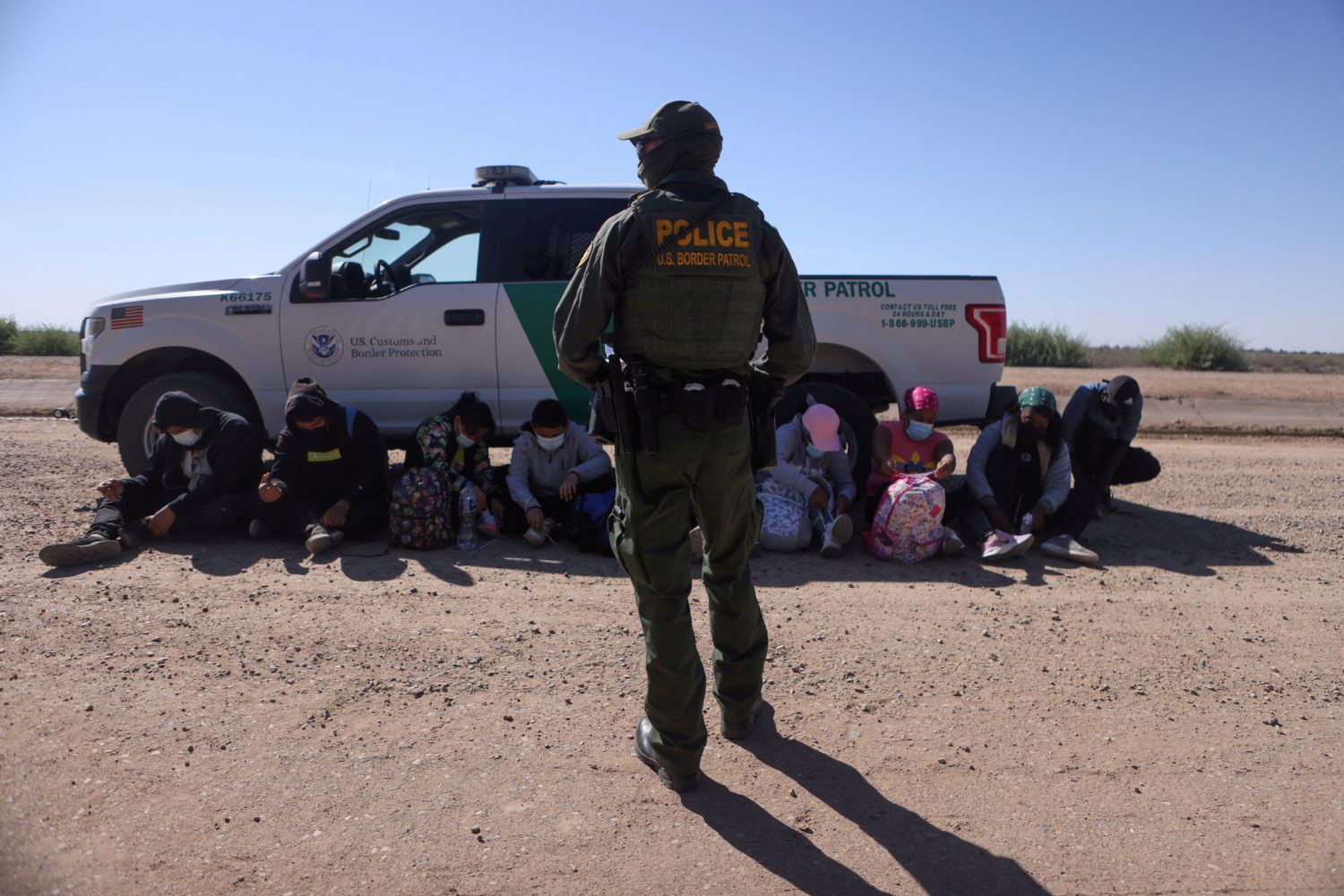
Important Takeaways:
- Donald Trump plans to issue a flurry of executive orders and directives after he is sworn in as U.S. president on Monday to put his stamp on his new administration on matters ranging from energy to immigration.
- Two sources familiar with the planning said more than 200 such orders and directives could be released starting on Day One in what is known internally as a “shock and awe” effort.
- IMMIGRATION
- Trump plans to take a flurry of executive actions aimed at cracking down on legal and illegal immigration and ramping up deportations after he enters the White House on Monday, an incoming Trump administration official said.
- Trump intends to declare illegal immigration at the U.S.-Mexico border a national emergency to support the construction of a border wall and send additional troops to the border, the official said.
- Trump will issue a sweeping proclamation that aims to block access to all asylum at the Mexico border, the official said. He will also issue an order intended to end birthright citizenship for U.S.-born children whose parents lack legal immigration status, the official said.
- Citing the 14th Amendment to the U.S. Constitution, the official said in a briefing: “The federal government will not recognize automatic birthright citizenship for children of illegal aliens born in the United States. We are also going to enhance vetting and screening of illegal aliens.”
- ENERGY
- One of Trump’s orders on Monday will declare a national energy emergency aimed at “unleashing affordable and reliable American energy,” an official with the incoming White House said. Trump, who vowed during his campaign to “drill, baby, drill,” will also sign an executive order focused on Alaska, the official said, adding that the state was critical to U.S. national security and could allow exports of LNG to other parts of the United States and allies.
- Sources familiar with the plans of members of Trump’s transition team have said that Trump is considering executive orders to target everything from electric vehicles to withdrawing again from the Paris climate agreement, an action he took in his first administration.
- Members of his transition team are recommending sweeping changes to cut off support for electric vehicles and charging stations and to strengthen measures blocking the import of cars, components and battery materials from China, according to a document seen by Reuters.
- Trump’s executive orders will also likely seek to roll back Biden’s climate regulations on power plants, end his pause on liquefied natural gas exports, and revoke waivers allowing California and other states to have tighter pollution rules.
- TARIFFS
- Trump will issue a broad trade memo on Monday that stops short of imposing new tariffs on his first day in office, but rather directs federal agencies to evaluate U.S. trade relationships with China, Canada and Mexico, an incoming Trump administration official said.
- The Republican incoming president has pledged tariffs of 10% on global imports, 60% on Chinese goods and a 25% import surcharge on Canadian and Mexican products, duties that may upend trade flows, raise costs and draw retaliation.
- TRANSGENDER RIGHTS
- Trump will issue an executive order proclaiming that the U.S. federal government will only recognize two sexes, male and female, an incoming White House official said on Monday. Trump has vowed to sign an executive order ending transgender rights in the U.S. military and inside U.S. schools.
- As for transgender athletes, he told a rally on Sunday that he would act on his first day to stop the participation of trans athletes in women’s sports.
- DIVERSITY PROGRAMS
- Trump will also issue an order ending “radical and wasteful” diversity, equity and inclusion programs inside the federal government, an incoming White House official said on Monday.
- Trump has also criticized “diversity, equity and inclusion” policies inside universities.
- PARDONS
- Trump has also said he will take action immediately on taking office to issue pardons for some of the hundreds of people convicted or charged in connection with the Jan. 6, 2021, assault on the U.S. Capitol by his supporters.
- GENDER-AFFIRMING CARE
- Trump said in a campaign video in 2023 that on his first day in office he would revoke the Biden administration’s policies that provide information and resources to those seeking medical care so they can align their bodies with the gender they identify with. That care can include hormone therapy and surgery.
- DRUG CARTELS
- Trump plans to classify drug cartels as foreign terrorist organizations in an early executive order, Punchbowl News reported on Sunday, fulfilling a promise he made on the campaign trail to crack down on the sources of the lethal opioid fentanyl.
- REQUIRING FEDERAL WORKERS TO RETURN TO THE OFFICE
- Trump has railed against work-from-home arrangements for tens of thousands of federal employees, which were greatly increased during the COVID-19 pandemic, and he has vowed to end them.
- In December, Trump said if federal workers refuse to return to the office, “they’re going to be dismissed.”
- By forcing government workers back into the office Trump and his allies hope it could trigger large-scale resignations, which would assist in their goal of reducing the size of the federal bureaucracy.
Read the original article by clicking here.











